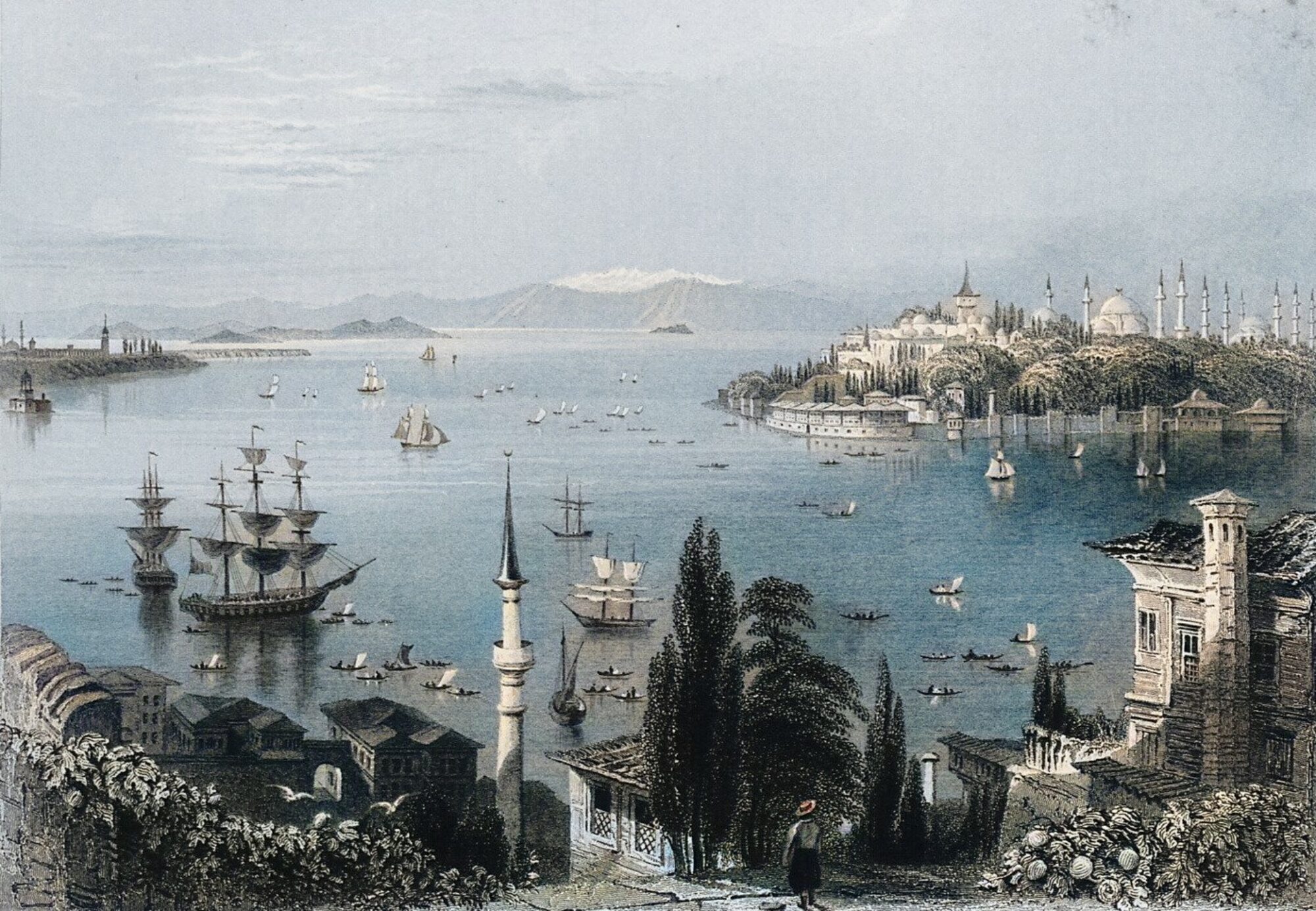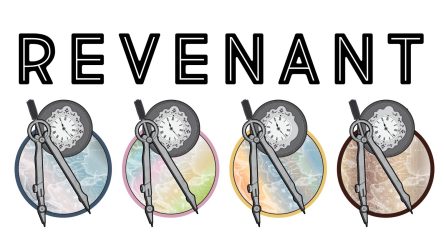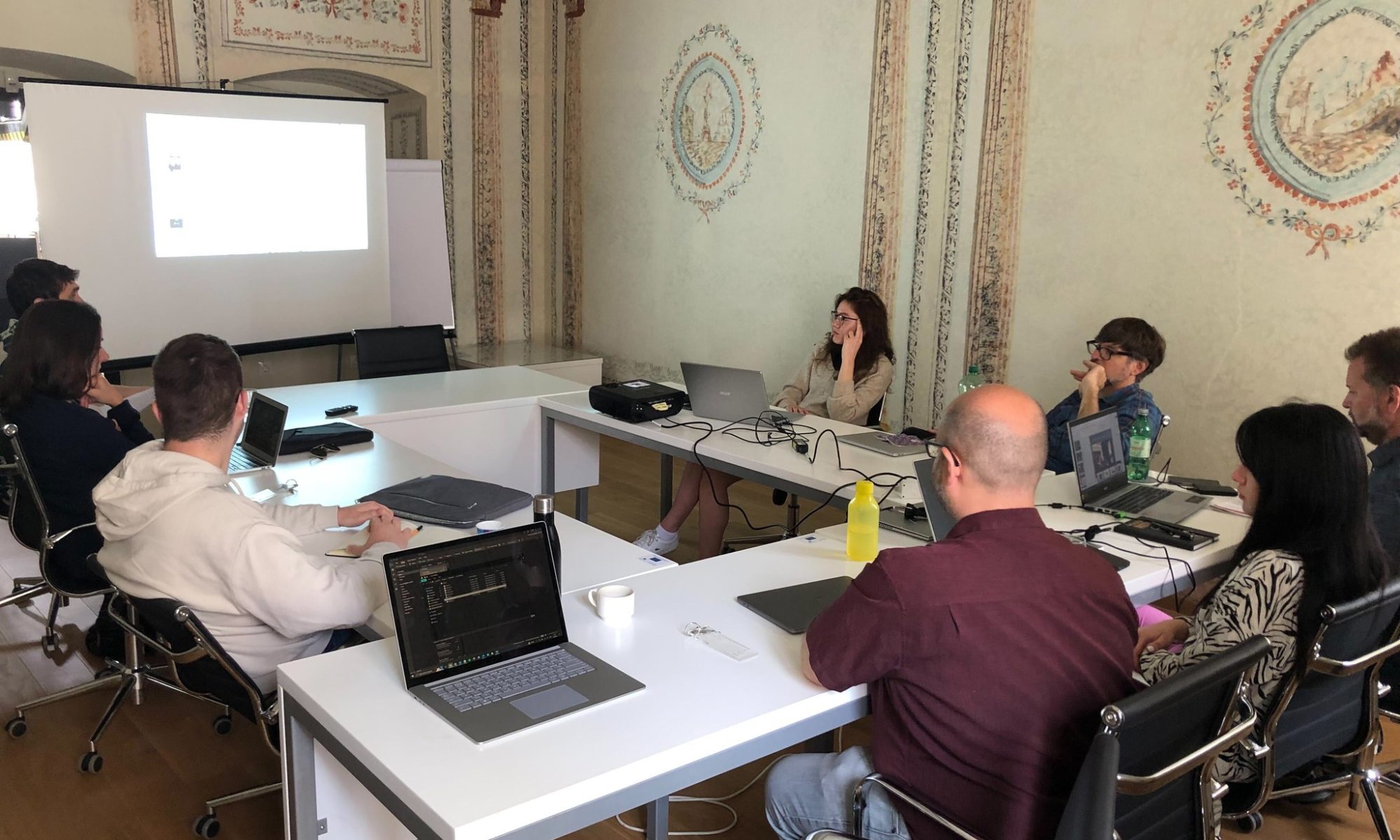By Magdalena Meašić and Matea Magdić
Two academic events happened in and around the University of Rijeka and Cres’s Moise Palace in the first part of 2023 that, although not directly connected, foreshadowed and entangled each other in the most enriching way. The first event happened on the 13th of April 2023 when Filozofski fakultet in Rijeka hosted a small symposium organized by the COST Action Slow Memory, and our team was invited to participate in the gathering. Apart from the event being a wonderful way of meeting new colleagues and engaging in exciting discussions, what stuck with us the most, and presumably with some of our colleagues as well, is the philosophy behind Slow Memory itself. As stated on their website,
Through transnational and interdisciplinary discussions, we will address urgency, emergency, crisis and acceleration by drawing together the ‘multi-sited’, ‘eventless’ and slow-moving phenomena that can best be studied by ‘slowing down’ our research methods, to afford capacity building, knowledge generation and impact activities.
Even though the subject of the research is of undeniable importance, the sentiment about “slowing down our research methods” or our research in general, at first, seemed even more provocative than the research topic itself. Although we were prepared to reconsider our working tempo and contemplate introducing “slowness” into our schedules, we didn’t have an opportunity to put the new philosophy into practice until our work retreat at the Moise Palace on the island Cres, which took place from 8th to 10th of May 2023. Thus, the thinking about slowness during the first event in Rijeka came into play in action in the second on Cres.

It was hard to conceal our astonishment while stepping into the stunning edifice of the Renaissance-palace-turned-conference-center and exploring all its hidden corners, and even more so when realizing that we had it all to ourselves. The idyllic atmosphere of a hidden Mediterranean haven contributed to the slowly growing sense of tranquility. Jeremy’s well-organized schedule for the three days ahead of us turned out to be particularly fruitful. In addition to reading the papers of our colleagues and actively engaging with them before our trip, the extended time window for discussions proved to be especially helpful. After setting the tone to the retreat, but also to the entire project, with his prestation titled “In the time of post-empire”, Jeremy gave the floor to us to present our papers we’ve been working on for the last few months.
Our group is fairly small, which translated well into each of us having about an hour to present and receive feedback from our peers. This practice proved particularly useful for doctoral scholars Goran, Magdalena, Matea, and Adi. We were all keenly interested in Adi’s presentation in particular since he joined our group last and presented a proposal for his future doctoral research.
Adi’s research paper was centered around Maximilian I of Mexico and his wife, Charlotte of Belgium. He was then in the process of applying for his PhD program and has outlined his research questions. We are happy to report that by the time of the publication of this blog, Adi’s application was successful and he has started his PhD at Universidad Complutense de Madrid. Back on Cres, he already presented how his doctoral thesis aims to recognize the role of literary texts, movies, and popular culture in creating collective memory. Additionally, he intends to explore how imperial legacies operate in Mexican culture today. Maximilian I and Charlotte of Belgium are perfect examples to study this phenomenon due to their Habsburg roots and imperial background. Adi also emphasized the paradoxical but often engaging ways in which their example illustrates the interplay between colonialism and imperialism.
However, the main part of Adi’s paper was the suggestion of close reading of novels, dramas, telenovelas, and different texts of popular culture that feature representations of Maximilian and Charlotte. One interesting observation was that Charlotte received more attention than Maximilian in popular culture, which may be due to the rich typology of women characters in literature.
The group raised a question about the relationship between literary texts and reality, and how we can examine it. Specifically, we wondered what role history, nonfictional events, and literature, movies, and other mediums play in constructing collective memory. Matea’s presentation raised similar questions as Adi’s since they are both literary scholars and both of their work will focus primarily on literature. Adi’s case studies will focus on Mexican literature and popular culture, while Matea will be examining Croatian literature.
Matea (University of Zagreb) presented the first chapter of her doctoral thesis that discusses an old Croatian epic called “Vazetje Sigeta grada” written by Barne Karnarutić. In this chapter, she aims to find out why has the epic work received negative reviews. Additionally, she examines how the epic manages to convey historical events in a more memorable and understandable way. During her presentation and the subsequent discussion with her colleagues, the focus was on the blurred and fairly fluid distinction between arts, such as literature, and historical knowledge, which is a contemporary phenomenon. This distinction was not present in earlier stages of literature. Matea is grappling with the challenge of developing a system that can seamlessly handle the literary text as both a fictional (nonreal) reality while also considering the effects of historical knowledge on both the literary text and the nonfictional world. Both of these elements work together in creating collective memory, as Matea aims to demonstrate. Considering the shared methodological and theoretical framing of Matea’s and Adi’s research, they concluded the discussions on Cres were just the beginning of their future collaboration within the project
Goran, who had enrolled in his PhD program at KU Leuven just a few months earlier, took the opportunity to brief the entire team on the outline and basic structure of his research. Under the preliminary title “Intercultural Theology, Identity, and Memory: The Formation of Bosnian Catholicism between Two Empires,” Goran’s doctoral research aims to investigate the relationship between memory and theology in the historical context of late 19th and early 20th century Bosnia and Herzegovina, particularly during the transition from Ottoman rule to the Austro-Hungarian Empire. It employs a comparative case study approach, focusing on two influential figures of the time: Franciscan friar Ivan Franjo Jukić and Archbishop Josip Stadler. Goran’s study examines how these two contrasting figures, with Jukić as an imperial rebel and Stadler as a loyalist to the Habsburgs, shaped the complex Bosnian Catholic culture through their representations in intellectual, cultural, and religious works. This research not only enhances our understanding of how religious identities transformed into cultural resources during the nation-building period but also contributes to discussions in intercultural theology regarding the cultural evolution of local contextual theologies in the Balkans.
Magdalena, already deeply immersed in her PhD research on gender representation in Soviet opera in Heidelberg, prepared a paper on the Soviet and Russian composer Rodion Shchedrin’s opera “Not Love Alone” (Ne tol’ko lyubov’, 1961). She subsequently presented this paper at the 17th International Scientific Conference, “Music Science Today: The Permanent and the Changeable,” organized by Daugavpils University just a few days after our retreat in Cres. In her paper, Magdalena argues that Shchedrin’s opera holds unique historical and cultural significance in the context of Soviet opera history. Despite being created during the Thaw period, the opera faced early dismissal due to uncertain political and cultural attitudes toward new artistic works and their portrayal of Soviet society. The opera itself encapsulates a tension between old and new cultural narratives, evident in both its text and music. Specifically, Magdalena’s paper aimed to explore how Shchedrin’s opera reflects both Stalinist and Thaw-era themes, motifs, and tropes in its depiction of post-war Soviet collective farms and their intrigues.

As for the postdoctoral scholars in our group, Lili, Kevin and Ivan, they had a much clearer vision of what their work is going to look like. For instance, Kevin presented the second chapter of his book in which he explores the ways language and place have been intertwined throughout history. By investigating how language has changed over time in a particular geographic location, we gain a deeper understanding of the cultural and social influences that have shaped our world.
Kevin has a keen interest in Sarajevo, a city in Bosnia and Herzegovina. The title of his paper and presentation was “Bridges” which highlights the main focus of the presented chapter. The bridge that is central to his historic and linguistic research is now called “Latin Bridge”, though its name has changed over the centuries. In his paper, Kevin examines the plaque that commemorates the sponsorship of Hadži Abdulah Briga, who renovated the bridge at the end of the 18th century. The most compelling and significant part of Kevin’s paper was his linguistic and literary analysis and interpretation of the plaque, which he translated into Latin script and English language.
Kevin’s paper illustrates how conventions operate and their function in honoring and remembering individuals. Additionally, Kevin establishes that the authors of these commemorative plaques possess considerable poetic and artistic abilities, as they manage to adhere to the literary conventions while also creating something distinctive.
Our project, REVENANT, focuses on investigating different aspects of imperial relics. These aspects can be divided into three groups: places, persons, and things (this is the distinction the project research leader, Jeremy F. Walton, proposes in his work). Kevin’s paper examined one aspect of the imperial revenant, places, while Ivan presented his paper on Nikola Tesla as a semiotic ghost, fulfilling the second major part of our project, namely, persons.
In his paper, Ivan explores the fascinating relationship between Tesla and the editor of the magazine in which Tesla’s autobiography was published, Hugo Gernsback. Ivan’s research delves into the incorporation of different philosophical premises with the study of memory and collectivity, while also conducting a significant historical investigation. Ivan’s primary concern is to find a way in which ones’ autobiography can be read and perceived differently by different collectives, each with different agendas. He argues that the various interpretations, readings, and receptions of Tesla’s autobiography are what have turned it into what he calls a semiotic ghost: “The ghost was bound by the autobiography, but it was sustained by the collectives reframing that autofiction.”(Flis 2023)
Lili’s talk delves into the idea of a sentient and alive landscape, as perceived by a community of Sufi Muslims and their closely associated volunteers, who tend to a sacred landscape in Bashkortostan, Russia’s Urals. Namely, Lili has spent the summers between 2018 and 2021 conducting fieldwork in Bashkortostan, where she visited numerous sacred sites but also participated at religious ceremonies herself. In her paper titled „A remembering and worshipping landscape: Sentient landscapes, oneness and Muslim pilgrimage in Russia’s Urals“ Lili presented us with a fresh perspective on human-nature relationships, drawing from Muslim ontologies, and delved into how Sufism’s “open heart” and “heart-knowledge” contribute to the perception of the landscape as imbued with life and unity.
All in all, the presented papers showed a level of motivation of all the participants – all the presenters and all the commentators were really well prepared and ready for a constructive discussion.
During our retreat on Cres, we not only delved deeper into our own and our colleagues’ topics and projects but also took the opportunity to get to know each other better. It was something we had been wanting to do for a while but never had time for. The retreat offered a much-needed break from our busy and overwhelming everyday work and research, allowing us to find joy in the small moments, work related and non-related talks and discussions.
Our group, which has grown larger, welcomed two guests from the University of Rijeka, Sarah Czerny and Vjeran Pavlaković. They not only provided valuable opinions and suggestions but also proved to be great company during our informal hangouts. During the discussion, Vjeran stood out as one of the most present commentators and a very pleasant feedback giver. He has a knack for pointing out obscure facts that others may have missed.
Sarah presented her paper that focuses on scholarly values and behaviors in the Croatian educational and academic system. She examines the way research is conducted and disseminated to the relationships between faculty, students, and staff and the workings of institutions in Croatia. Her main hypothesis was that the steps one must take when dealing with an institution and its forms were carefully considered. Her approach had a highly anthropological perspective and her work garnered a lot of attention from our group. We were so intrigued by her paper that we even discussed it on our way back to Rijeka.

As time passes, nostalgia often creeps in. Nostalgia has always been a familiar presence in our research group. We frequently revolve around the idea of recalling things in certain ways. Now, we find ourselves as the subjects—or rather, the objects—of our old friend nostalgia. This sentiment isn’t very common among workers and researchers, especially those operating within the Croatian system. So, ironically, we are pleased to discover ourselves feeling nostalgic about the times spent with our colleagues. We now yearn for our discussions and the stimulating conclusions we reached, which were not always groundbreaking but almost always interesting.


